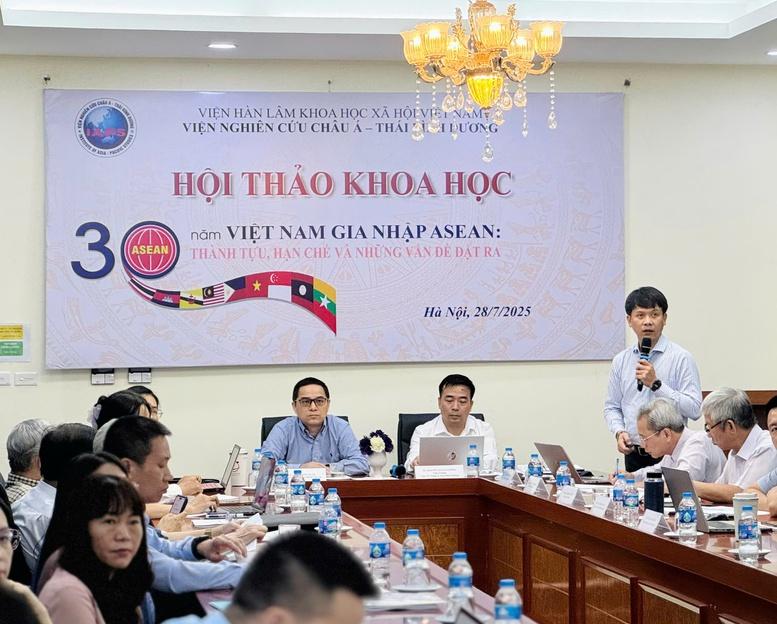
On July 28, the Institute of Asia- Pacific Studies (Vietnam Academy of Social Sciences) organized a scientific conference "30 years of Vietnam joining ASEAN: Achievements, limitations and issues".
The event is an opportunity for scientists , experts and policy makers to look back on Vietnam's three-decade journey of integration efforts, and to comprehensively assess Vietnam's role, position and future orientation in an ASEAN that is constantly changing in a volatile international context.
Speaking at the workshop, Associate Professor Dr. Ta Minh Tuan, Vice President of the Vietnam Academy of Social Sciences, emphasized that exactly 30 years ago, on July 28, 1995, Vietnam officially became the 7th member of ASEAN. This historic event not only opened a new promising chapter for the country's development, but also contributed significantly to strengthening peace , stability and promoting cooperation in the region.
Over the past 30 years, Vietnam’s journey in ASEAN has been marked by brilliant achievements. From an emerging country, we have risen strongly to become an active, proactive and responsible member, contributing to the common development of the ASEAN Community. Vietnam’s role in ASEAN is increasingly appreciated thanks to its active and effective contributions in many fields, as well as its political and economic stability and its constantly improving international position.
Vietnam's outstanding contributions include: Promoting ASEAN's solidarity and central role; contributing to building a strong ASEAN community; successfully chairing many important conferences and events; actively participating in regional and international cooperation mechanisms; promoting connectivity and sustainable development.
According to Dr. Nguyen Xuan Cuong, Director of the Asia-Pacific Research Institute, joining ASEAN has helped Vietnam gradually integrate into the region and the world, creating a peaceful and stable environment for innovation and socio-economic development.
In the economic and trade field, relations between Vietnam and ASEAN countries are constantly expanding. ASEAN is currently one of Vietnam's important trade and investment partners, with two-way trade turnover reaching hundreds of billions of USD each year.
In the political and security field, Vietnam has actively participated in regional cooperation forums, contributing to building trust, promoting dialogue, resolving non-traditional security issues, and protecting regional peace and stability. Vietnam has assumed the role of ASEAN Chair three times, especially in 2020, demonstrating its leadership in the context of the COVID-19 pandemic, promoting initiatives for cohesion and proactive adaptation, enhancing Vietnam's prestige in the region and internationally.
Besides, Vietnam has actively participated in the process of building the ASEAN Community on the pillars of Politics - Security, Economy, Culture - Society and Connectivity, contributing to maintaining solidarity, consensus and consolidating the central role of ASEAN.
Promoting ASEAN's central role
At the workshop, Associate Professor Dr. Vo Xuan Vinh, Institute of History also emphasized that by becoming a member of ASEAN, Vietnam has gradually expanded relations, diversified partners, expanded and strengthened deep integration with the global economic life starting from ASEAN.
Vietnam has continuously and actively contributed to the development of ASEAN, from the realisation of ASEAN with 10 members (at that time) to strengthening ASEAN's central role in the evolving structure in the Indo-Pacific region. Vietnam has also contributed to promoting ASEAN's role and responsibility in the East Sea issue...
According to Dr. Tran Ngoc Dung, Ho Chi Minh National Academy of Politics, in the context of pressure from major power competition, differences between intra-bloc countries, and increasing traditional and non-traditional challenges, Vietnam-ASEAN cooperation is facing new requirements for development.
On the one hand, Vietnam needs to further promote the ideology and principles of mutually beneficial cooperation, and on the other hand, it needs to be proactive and self-reliant in ensuring national capacity to be able to coordinate most effectively with ASEAN and other countries in addressing current challenges.
An important highlight of the workshop was the discussion revolving around ASEAN's central role in the context of complex regional and international developments.
Associate Professor, Dr. Duong Van Huy, Asia-Pacific Institute of Research, said that strengthening ASEAN's central role not only benefits the bloc but also its member countries, including Vietnam.
With the birth of the ASEAN Charter, "centrality" has been codified, becoming both a goal and a guiding principle for all ASEAN activities.
While ASEAN's centrality is facing challenges, both internally and externally, efforts by active member countries like Vietnam to promote the bloc's centrality are important.
In fact, Vietnam has made continuous efforts to strengthen the bloc’s centrality. For example, during its ASEAN Chairmanship in 2020, Vietnam actively promoted its centrality in a challenging year. In bilateral and multilateral exchanges with external partners, Vietnam called on partner countries to support ASEAN’s centrality.
However, we must also understand that ASEAN’s centrality is not something that comes naturally, as it is the result of a long process with ASEAN’s tireless efforts. Through increasing self-reliance and internal cohesion, ASEAN can significantly strengthen its position in the external environment. Therefore, member states need to be aware that internal solidarity is a fundamental factor to strengthen ASEAN’s centrality.
Updated 7/28/2025
Source: https://laichau.gov.vn/tin-tuc-su-kien/chuyen-de/tin-trong-nuoc/30-nam-gia-nhap-asean-viet-nam-chu-dong-hoi-nhap-kien-tao-vi-the.html









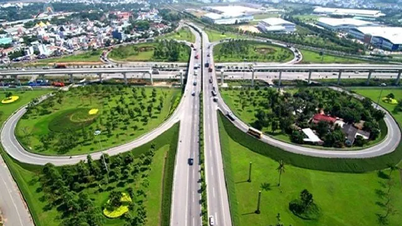

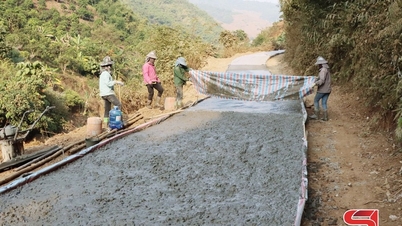






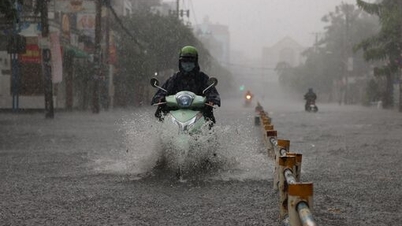




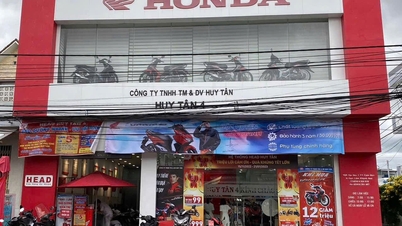
















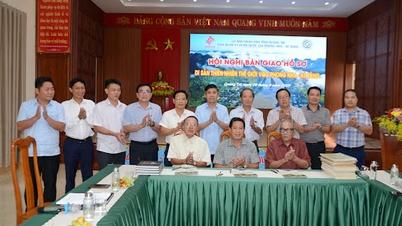










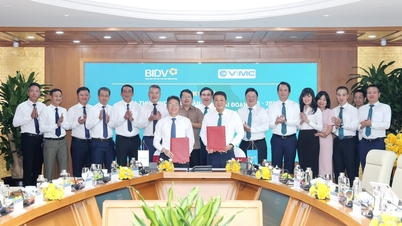

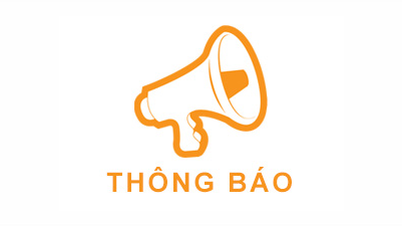











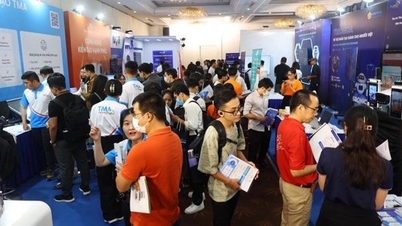









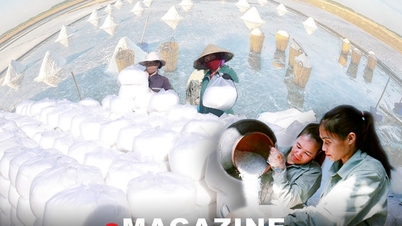

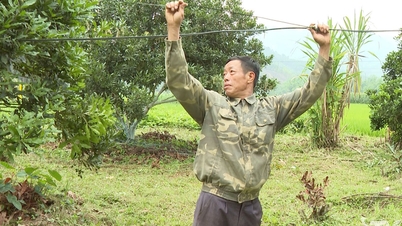









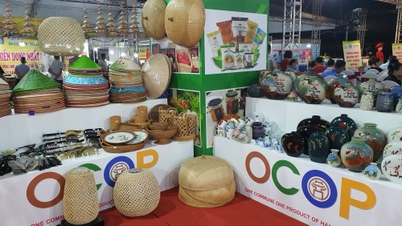

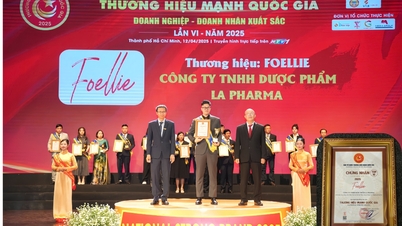






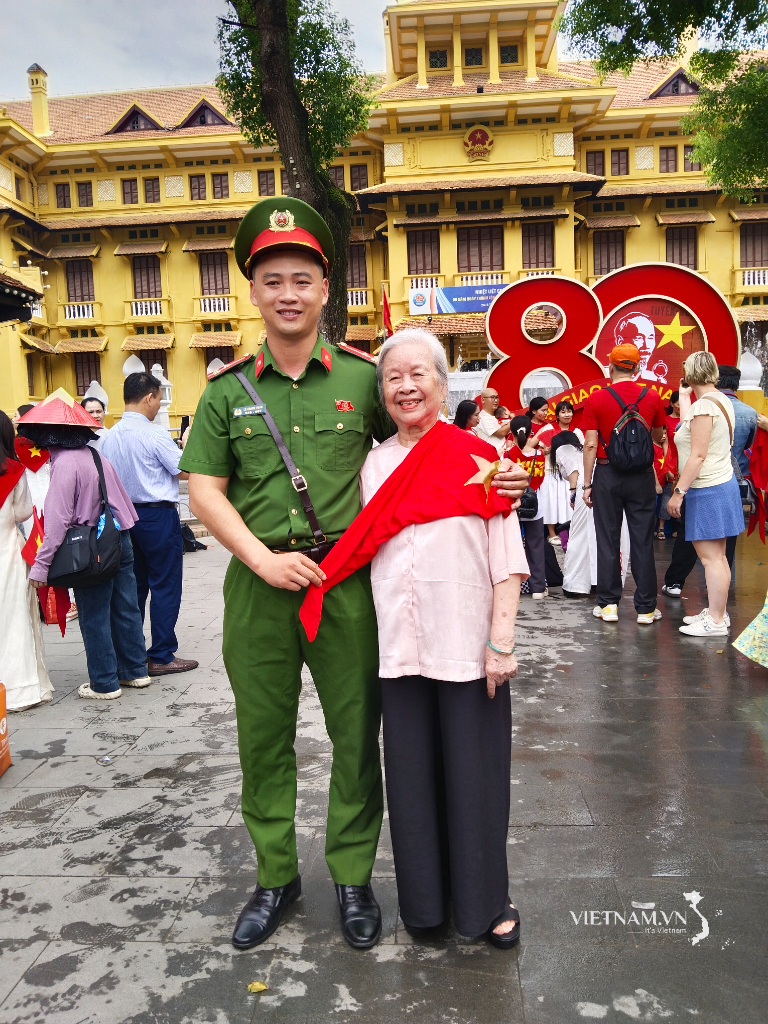
Comment (0)